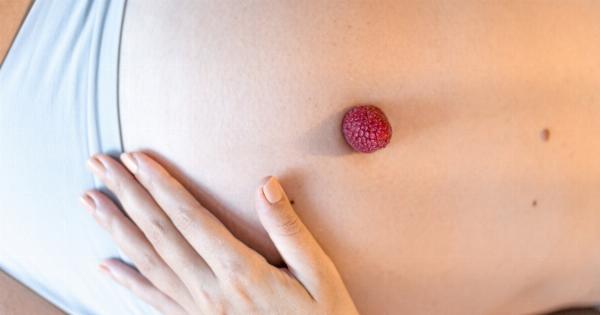When it comes to having twins, there’s an element of mystery and fascination surrounding the concept. Many couples dream of having twins, imagining the joy of watching their children grow and bond together as siblings.
While there are various factors that can increase the chances of conceiving twins, recent research has revealed a substance that may play a significant role in boosting twin pregnancy probabilities. In this article, we will delve into this substance and explore its potential benefits in increasing the chances of having twins.
What is the Substance?
The substance in question is called folic acid, which is a type of vitamin B9. Folic acid is commonly known for its importance during pregnancy to prevent birth defects and ensure the healthy development of the fetus.
It is typically recommended for women who are planning to conceive or are already pregnant. However, studies have indicated that folic acid may also have a fascinating connection with twin pregnancies.
Understanding the Link
Research suggests that folic acid can increase the chances of having twins by stimulating the release of multiple eggs during ovulation. Normally, women release a single egg during each menstrual cycle.
However, some women naturally release more than one egg, which can result in fraternal (non-identical) twin pregnancies.
Folic Acid and Ovulation
Folic acid plays a crucial role in the production and maturation of eggs within a woman’s ovaries. By taking folic acid supplements, women may increase their chances of releasing multiple eggs during ovulation.
This can significantly enhance the likelihood of conceiving twins.
Medical Studies and Findings
A study published in the Journal of Reproductive Medicine found a strong correlation between folic acid intake and twin pregnancies.
The research involved a group of women who were planning to conceive, with some taking folic acid supplements and others not. The results revealed that the group taking folic acid had a significantly higher chance of conceiving twins compared to those who did not take the supplement.
Furthermore, a study conducted by the Australian Multiple Birth Association found that women who consume a diet rich in folic acid have a higher likelihood of having twins.
The study examined the dietary habits of women who had conceived twins and discovered that these women had a consistently higher intake of folic acid compared to those who had single pregnancies.
Other Factors Influencing Twin Pregnancies
While folic acid has shown promising results in increasing the chances of having twins, it is important to note that it is not the sole determining factor. There are several other factors that can also influence the likelihood of conceiving twins:.
1. Family History
If there is a history of twins on either the mother’s or father’s side of the family, the chances of conceiving twins may be higher.
This is particularly true for fraternal twins, as the genetic tendency to release multiple eggs can be passed down through generations. However, it is important to remember that identical twins are not influenced by family history and occur randomly.
2. Age
As a woman ages, the likelihood of conceiving twins increases. This is primarily due to hormonal changes that occur with age, often resulting in the release of multiple eggs during ovulation.
3. Race and Ethnicity
Statistically, certain ethnic groups have a higher occurrence of twin pregnancies. For example, women of African descent are more likely to have twins compared to women of Asian or Caucasian descent.
4. Number of Pregnancies
Women who have previously been pregnant are more likely to conceive twins in subsequent pregnancies. This is believed to be due to hormonal changes in the body after pregnancy, which can increase the chances of releasing multiple eggs during ovulation.
5. Fertility Treatments
Couples undergoing fertility treatments, such as in vitro fertilization (IVF), have an increased chance of conceiving twins.
This is primarily because multiple embryos are often transferred to the uterus to enhance the chances of successful implantation.
Conclusion
While the desire to have twins may be appealing to many couples, it is important to remember that multiple pregnancies come with their own unique set of challenges and considerations.
It is recommended to consult with a healthcare professional before actively trying to conceive twins or taking any supplements.


























